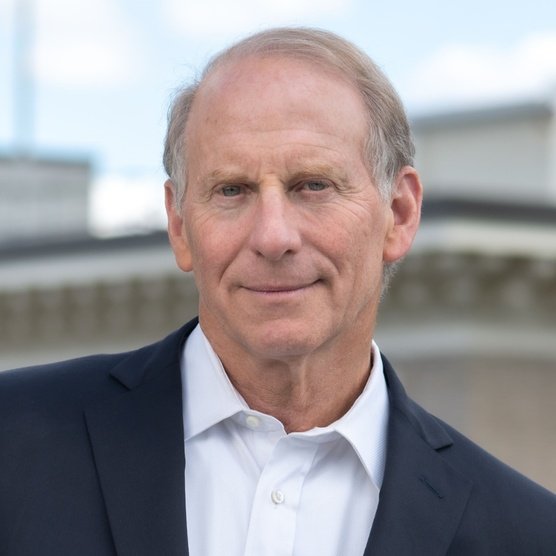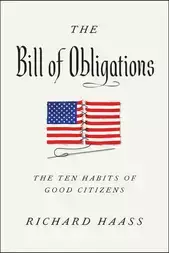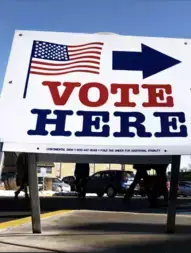Dr. Richard Haass, a veteran diplomat and respected scholar of international relations, is president emeritus of the Council on Foreign Relations after having served as CFR’s president for twenty years. He is also senior counselor with Centerview Partners, an international investment banking advisory firm.
In 2013, he chaired the multiparty negotiations in Northern Ireland that provided the foundation for the 2014 Stormont House Agreement. For his efforts to promote peace and conflict resolution, he received the 2013 Tipperary International Peace Award.
From January 2001 to June 2003, Dr. Haass was director of policy planning for the Department of State, where he directed the policy planning staff and was a principal advisor to Secretary of State Colin Powell. Confirmed by the U.S. Senate to hold the rank of ambassador, Dr. Haass also served as U.S. coordinator for policy toward the future of Afghanistan and U.S. envoy to the Northern Ireland peace process.
Dr. Haass has extensive additional government experience. From 1989 to 1993, he was special assistant to President George H.W. Bush and senior director for Near East and South Asian affairs on the staff of the National Security Council. In 1991, Dr. Haass was awarded the Presidential Citizens Medal for his contributions to the development and articulation of U.S. policy during Operations Desert Shield and Desert Storm. Previously, he served in the Departments of State (1981–1985) and Defense (1979–1980), and was a legislative aide in the U.S. Senate.
A Rhodes Scholar, Dr. Haass holds a bachelor’s degree from Oberlin College and master’s and doctorate of philosophy degrees from Oxford University. He has also received numerous honorary degrees and was a member of the faculty of Harvard University’s Kennedy School of Government and Hamilton College.
Dr. Haass is the author or editor of fourteen books on American foreign policy, one book on management, and one on American democracy. His latest book, The Bill of Obligations: The Ten Habits of Good Citizens, was published by Penguin Press in January 2023 and became a New York Times best seller. He is as well the author of a weekly newsletter, Home & Away, published on Substack.
Dr. Haass was born in Brooklyn and lives in New York City.
 Online Store
Online Store



